Voices That Echo Through Time
While some speeches echo across podiums, not all of them resonate through generations. Words are powerful enough to move crowds and spark action, and many speeches throughout history prove this. It doesn't matter if they were said in Congress or at graduation stages; these speeches have left their mark on history and continue to inspire to this day. These 20 speeches continue to be remembered and quoted for all the right reasons—let's dive in!
 Frankie Fouganthin on Wikimedia
Frankie Fouganthin on Wikimedia
1. Martin Luther King Jr.'s "I Have A Dream"
This speech was given during the 1963 March on Washington. It became a defining moment in the American Civil Rights Movement, credited with influencing the Civil Rights Act of 1964. Over 250,000 people attended the speech at the Lincoln Memorial.
2. Winston Churchill’s "We Shall Fight On The Beaches”
Churchill wrote the entire speech himself and never used a teleprompter during delivery. Delivered to the British House of Commons in June 1940, it rallied the nation following the Dunkirk evacuation. Also, it established Churchill as a symbol of British resilience.
3. John F. Kennedy’s Inaugural Address
Not only did this 1961 under-14-minute speech introduce JFK’s presidency, but it also laid out Cold War-era goals of unity and service. The line “Ask not what your country can do for you...” became one of the most quoted political phrases in history.
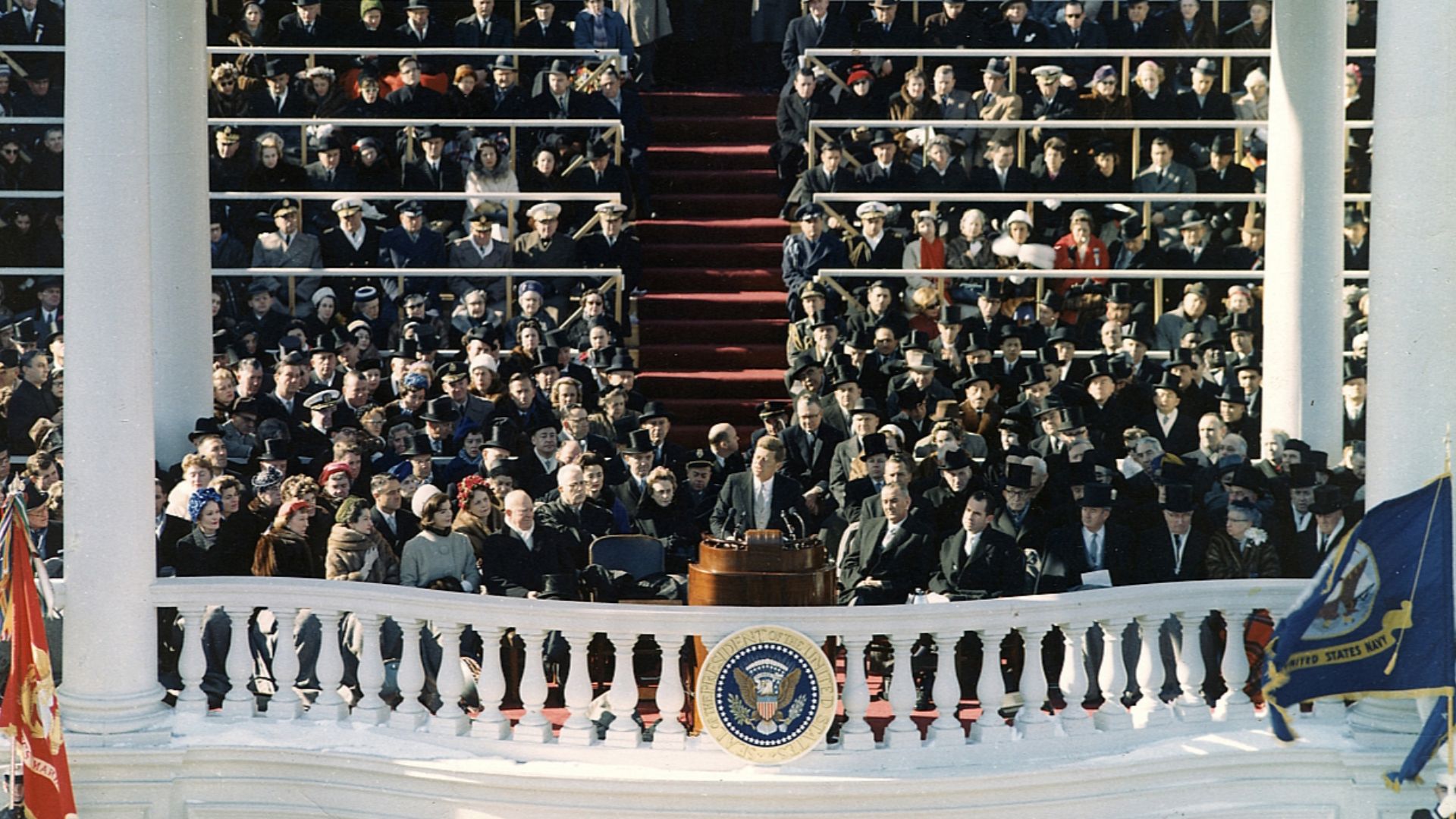 CWO Donald Mingfield, USA on Wikimedia
CWO Donald Mingfield, USA on Wikimedia
4. Greta Thunberg’s “How Dare You” UN Speech
Presented in 2019 at the UN Climate Action Summit, it castigated world leaders for failing to act on climate change. Thunberg’s tone—furious, tearful, uncompromising—shattered expectations for diplomatic decorum. The speech sparked global headlines and inspired millions of youth-led climate protests.
5. Abraham Lincoln’s Gettysburg Address
This speech, which redefined the American Civil War as a fight for equality, was spoken at the dedication of a cemetery in 1863. It became one of the most quoted speeches in U.S. history, despite being just 272 words long.
 Popular Graphic Arts on Wikimedia
Popular Graphic Arts on Wikimedia
6. Franklin D. Roosevelt’s “The Only Thing We Have To Fear”
Roosevelt delivered the speech while secretly battling polio. Given during his 1933 inaugural address, it addressed the anxiety of Americans during the Great Depression. The speech helped restore public confidence and marked the beginning of the New Deal era.
7. Margaret Thatcher’s “The Lady’s Not For Turning”
This speech by Thatcher reinforced her “Iron Lady” nickname and defined her leadership style throughout the 1980s. It was presented in 1980 at the Conservative Party Conference, and it rebuffed pressure to reverse her economic policies.
 Not For Turning Speech by thatcheritescot
Not For Turning Speech by thatcheritescot
8. Emma Watson’s “HeForShe” UN Speech
In 2014, Watson delivered it at the UN Headquarters, and it launched a global campaign urging men to support gender equality. The speech helped reframe feminism as inclusive, and it caused the UN website to crash due to an overwhelming surge in traffic.
 Emma Watson's speech on gender equality by CNN
Emma Watson's speech on gender equality by CNN
9. Ronald Reagan’s “Tear Down This Wall”
The speech is seen as a turning point in Cold War diplomacy and a precursor to the wall’s fall in 1989. It was presented in Berlin in 1987, and it directly challenged Soviet leader Mikhail Gorbachev to dismantle the Berlin Wall.
 President Ronald Reagan "Tear Down This Wall" Speech at Berlin Wall by Educational Video Group
President Ronald Reagan "Tear Down This Wall" Speech at Berlin Wall by Educational Video Group
10. Sojourner Truth’s “Ain’t I A Woman?”
Tackling both racism and sexism head-on, Truth gave it in 1851 at the Women’s Convention in Akron, Ohio. The speech challenged dominant ideas of racial and gender inferiority and is a foundational feminist text. Truth reportedly delivered the entire speech without notes.
 Sojourner Truth Speech of 1851, "Ain't I a Woman" by Pat Theriault
Sojourner Truth Speech of 1851, "Ain't I a Woman" by Pat Theriault
11. Pericles’ Funeral Oration
With this speech, Pericles praised Athenian democracy and honored fallen soldiers in 431 BC during the Peloponnesian War. It stands as one of the earliest examples of democratic oratory recorded in history and was documented by historian Thucydides.
12. Theodore Roosevelt’s “The Man In The Arena”
Part of his 1910 speech “Citizenship in a Republic,” given in Paris, this one championed effort over cynicism. The quote “It is not the critic who counts...” became one of the most widely quoted lines in American history.
 Bain News Service, publisher on Wikimedia
Bain News Service, publisher on Wikimedia
13. Elie Wiesel’s “The Perils Of Indifference”
Delivered at the White House in 1999, Wiesel’s speech warned of the moral dangers of global indifference to suffering. It drew directly from Wiesel’s experience as a Holocaust survivor and Nobel Laureate and was addressed to President Clinton and world leaders.
 Elie Wiesel: The Perils of Indifference (Edited) by Josh Kaidanow
Elie Wiesel: The Perils of Indifference (Edited) by Josh Kaidanow
14. Malala Yousafzai’s UN Youth Assembly Speech
This was Malala’s first public address after surviving a Taliban assassination attempt for promoting girls’ education. The 2013 speech became a global rallying cry for education rights and women’s empowerment, elevating her to Nobel Peace Prize laureate.
15. Patrick Henry’s “Give Me Liberty Or Give Me Death”
Presented in 1775 at the Virginia Convention, it helped convince colonial leaders to take up arms against Britain. “Give me liberty or give me death”—the closing line—became the American Revolution’s most famous call to action.
 Popular Graphic Arts on Wikimedia
Popular Graphic Arts on Wikimedia
16. Chimamanda Ngozi Adichie’s “The Danger Of A Single Story”
Adichie gave this speech at TEDGlobal in 2009, and it challenged the oversimplification of cultures and identities in global narratives. Not only did it become one of the most-watched TED Talks of all time, but it is also studied in academic settings around the world.
 Chimamanda Ngozi Adichie: The danger of a single story | TED by TED
Chimamanda Ngozi Adichie: The danger of a single story | TED by TED
17. Frederick Douglass’s “What To The Slave Is The Fourth Of July?”
The speech became one of the most powerful denunciations of American hypocrisy in the antebellum period. Delivered in 1852 by a formerly enslaved man, it condemned the celebration of American independence while millions remained enslaved.
 George Kendall Warren on Wikimedia
George Kendall Warren on Wikimedia
18. Václav Havel’s “New Year’s Address To The Nation”
Havel, a dissident playwright turned president, gave this speech, which marked the peaceful end of communist rule in Czechoslovakia, on January 1, 1990. His opening line—“Our country is not flourishing”—shocked citizens accustomed to state propaganda.
19. Chief Joseph’s “I Will Fight No More Forever”
Spoken in 1877 upon surrendering to U.S. forces, the speech marked the tragic end of the Nez Perce resistance. It expressed sorrow and dignity, cementing Chief Joseph’s legacy as a voice for Native American humanity.
 Unknown authorUnknown author or not provided on Wikimedia
Unknown authorUnknown author or not provided on Wikimedia
20. David Foster Wallace’s “This Is Water”
This speech was delivered in 2005 as a commencement address at Kenyon College. It challenged graduates to live with awareness and empathy. The speech gained immense popularity posthumously and became a viral manifesto for mindful living.
KEEP ON READING
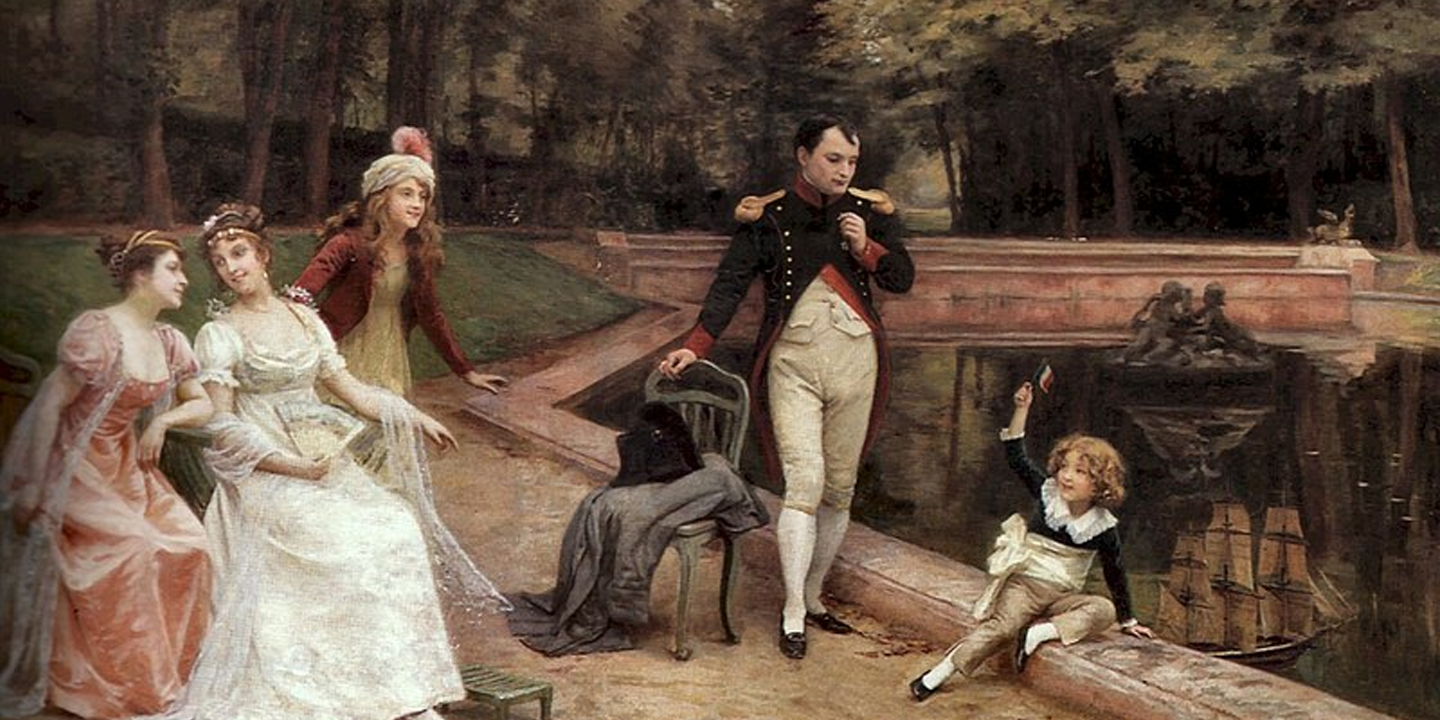
The 20 Most Recognized Historical Figures Of All Time
The Biggest Names In History. Although the Earth has been…
By Cathy Liu Oct 4, 2024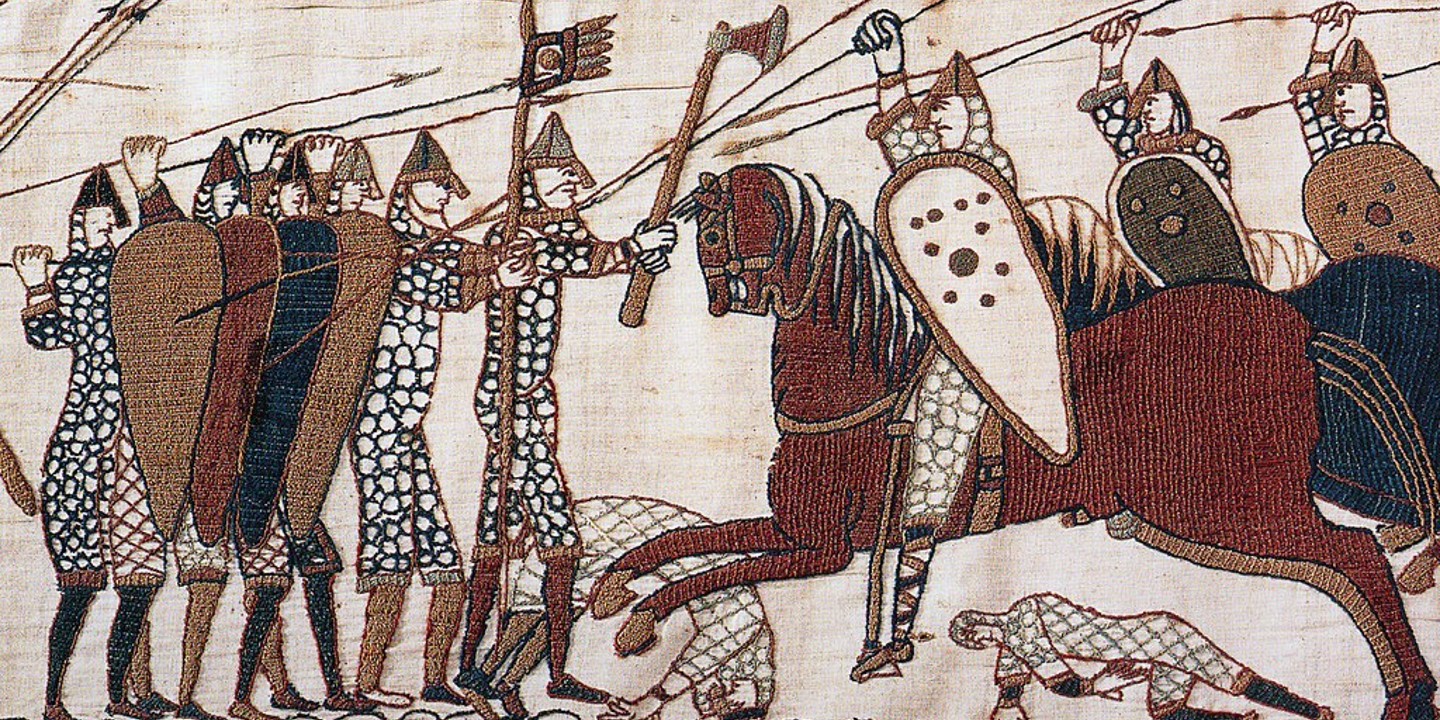
10 of the Shortest Wars in History & 10 of…
Wars: Longest and Shortest. Throughout history, wars have varied dramatically…
By Emilie Richardson-Dupuis Oct 7, 2024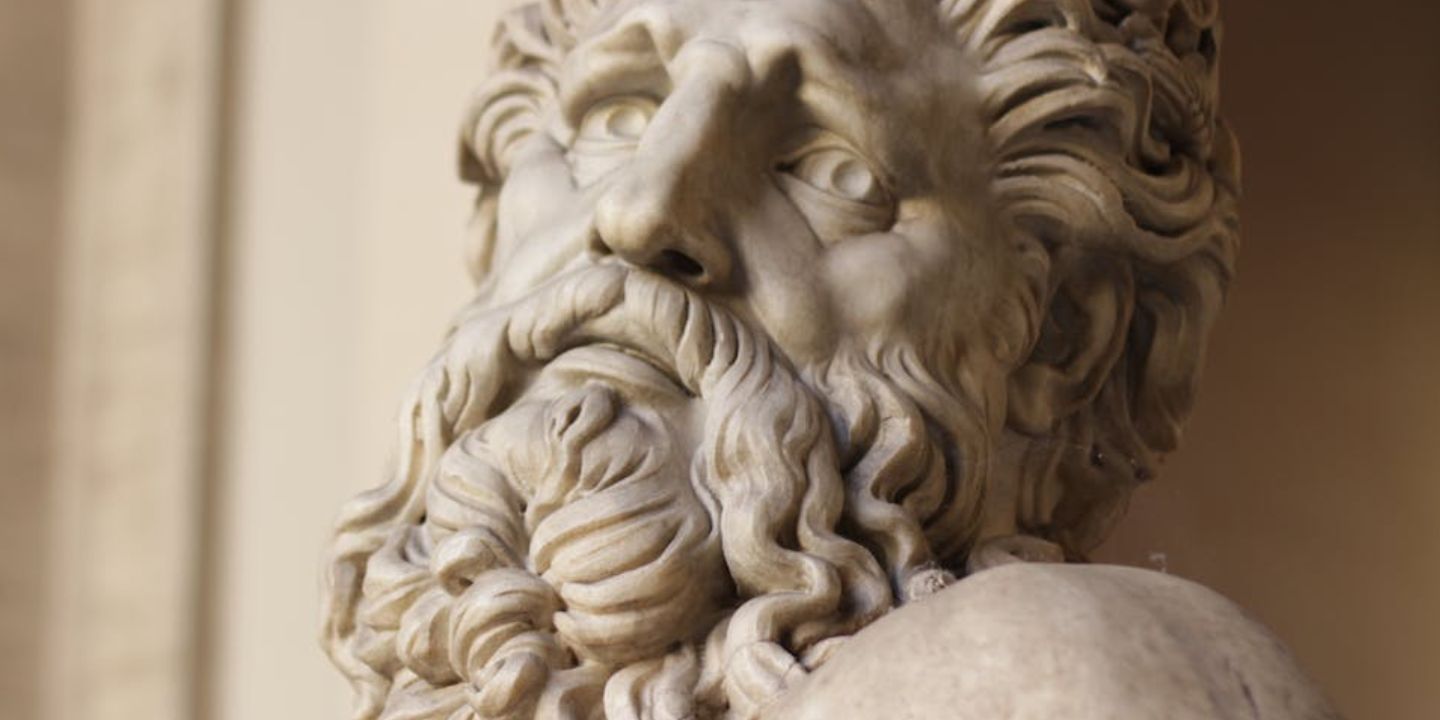
10 Fascinating Facts About Ancient Greece You Can Appreciate &…
Once Upon A Time Lived Some Ancient Weirdos.... Greece is…
By Megan Wickens Oct 7, 2024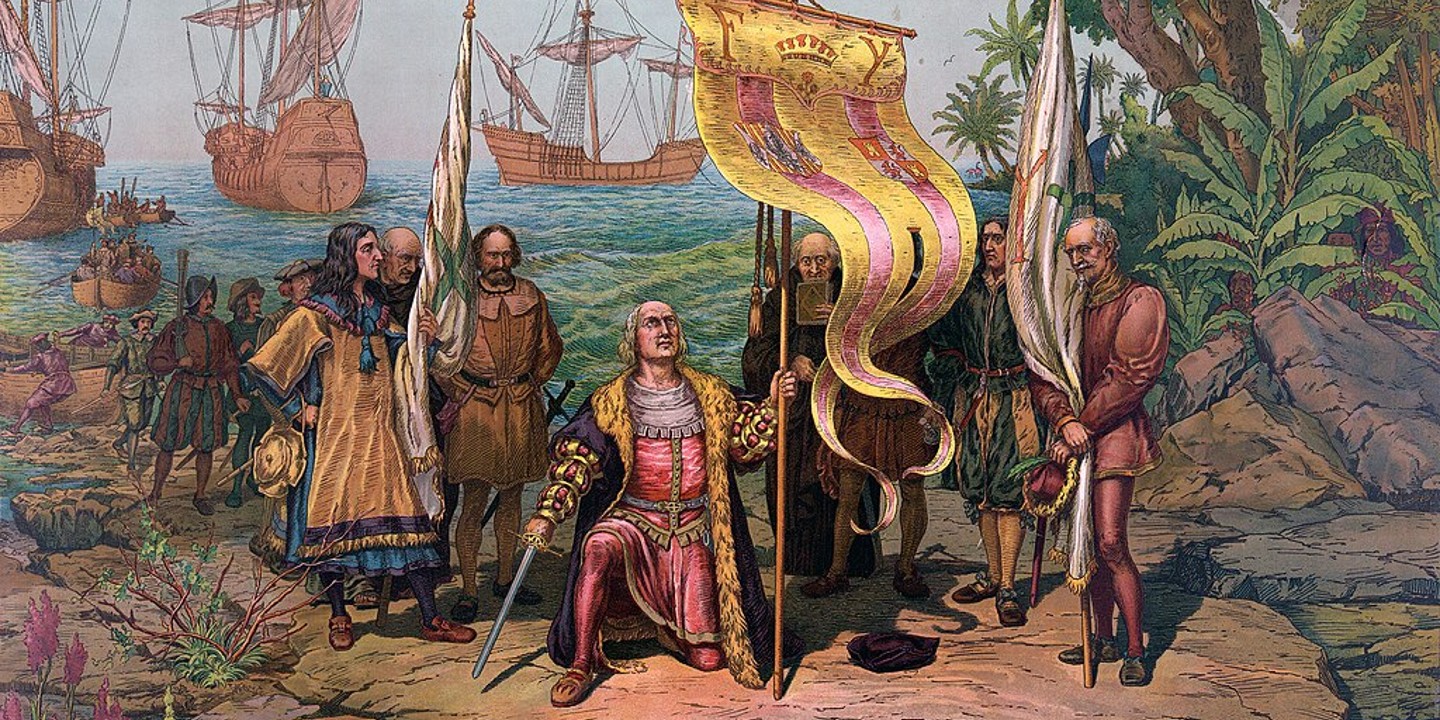
20 Lesser-Known Facts About Christopher Columbus You Don't Learn In…
In 1492, He Sailed The Ocean Blue. Christopher Columbus is…
By Emilie Richardson-Dupuis Oct 9, 2024
20 Historical Landmarks That Have The Craziest Conspiracy Theories
Unsolved Mysteries Of Ancient Places . When there's not enough evidence…
By Megan Wickens Oct 9, 2024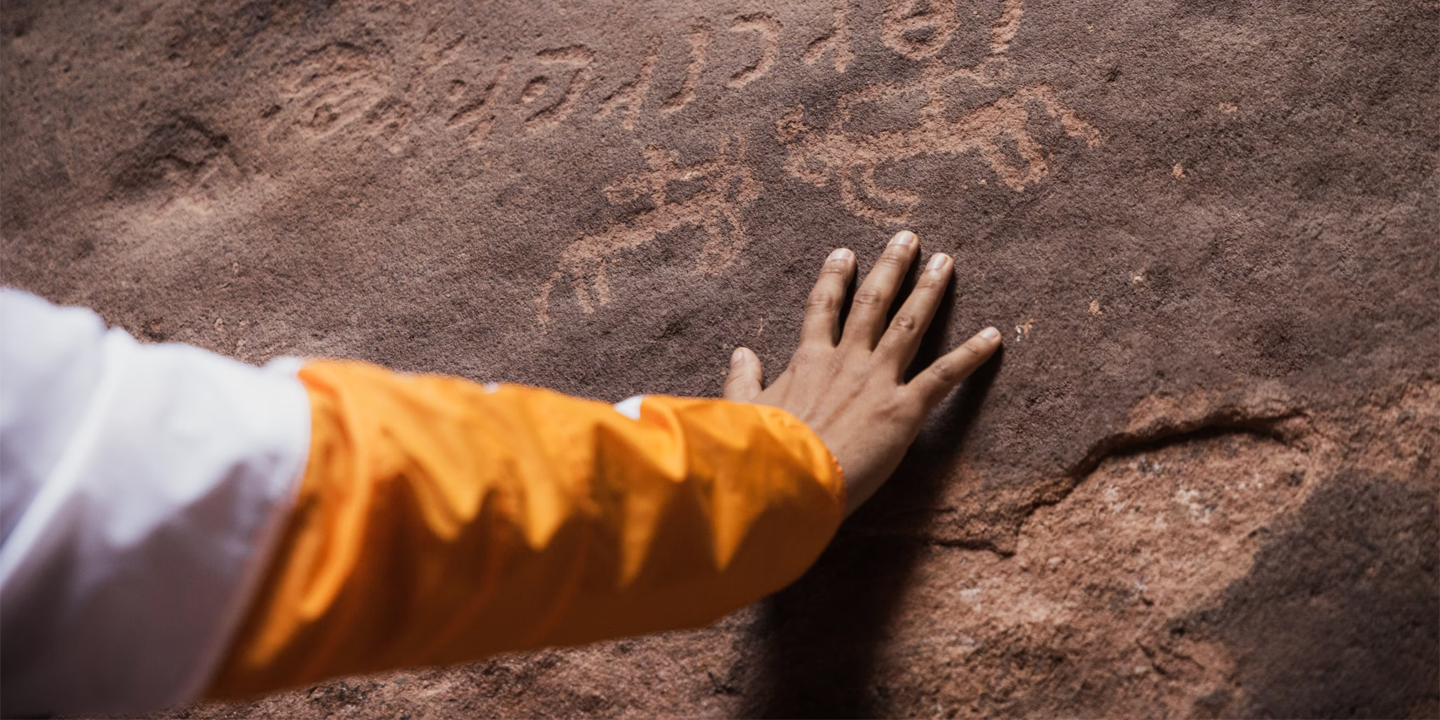
The 20 Craziest Inventions & Discoveries Made During Ancient Times
Crazy Ancient Inventions . While we're busy making big advancements in…
By Cathy Liu Oct 9, 2024








